Senior Citizen’s Daily Drone Flights Spark Legal Battle
In a David and Goliath-like battle, Mary Reynolds, a 73-year-old retiree from Vancouver Island, has won a partial Legal victory against Deep Water Recovery Ltd., a ship-breaking company she accuses of polluting the shoreline near Union Bay, B.C. Reynolds’ weapon of choice? A DJI Mini 2 drone she flies daily over the site to gather video evidence of the operation.
The legal dispute began when Reynolds started publishing some of the nearly 300 videos she captured online, voicing her concerns about the potential environmental impact of the marine demolition business, reports CBC. Deep Water Recovery and its owner, Mark Jurisich, responded with a counterclaim, attempting to prevent Reynolds from flying her drone over the site and sharing the footage.
Judge Rebukes Company, Upholds Right to Share Drone Footage
In a recent ruling, B.C. Supreme Court Justice J. Gareth Morley dismissed part of the counterclaim seeking damages for the dissemination of the drone footage. The judge called the company’s characterization of Reynolds’ flyovers as “malicious” both “troubling and over the top.”
While the legal battle over Reynolds’ right to fly her drone over the industrial site continues, the attempt to sue her for damages has been quashed. Her lawyer, Jason Gratl, emphasized the importance of fostering public debate about environmental issues and praised Reynolds’ work for leading to numerous inspections and citations against the company.
Ministry Orders Pollution Clean-Up, Company Defends Operations
On March 15, B.C.’s Ministry of Environment and Climate Change Strategy ordered Deep Water Recovery to stop releasing pollution and to monitor and report discharges from the site. The abatement order stated that the company was illegally allowing toxic effluent to run into Baynes Sound, with testing confirming high concentrations of pollutants like copper, iron, zinc, and cadmium.
Jurisich, however, defends his operation, claiming it is “transparent” and situated on long-contaminated industrial land. He argues that the controversy surrounding his business is politically motivated and driven by locals concerned about property values.
Drones: A Tool for Environmental Activism
Reynolds’ use of a drone to gather evidence and raise awareness about alleged pollution at the ship-breaking site highlights the growing role of this technology in environmental activism. By providing a bird’s-eye view of industrial operations, drones empower citizens to hold companies accountable for their environmental impact.
As the legal battle between Reynolds and Deep Water Recovery continues, one thing is clear: the use of drones by concerned citizens is likely to become an increasingly common tool in the fight against pollution and environmental degradation.
Photo courtesy of CBC / Robert Kerr
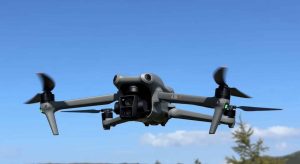
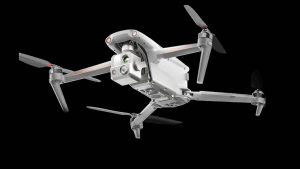


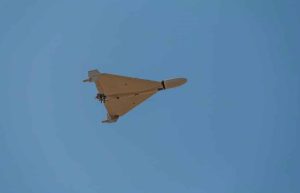
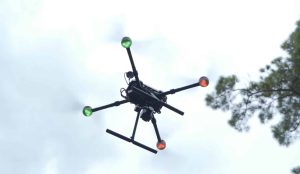
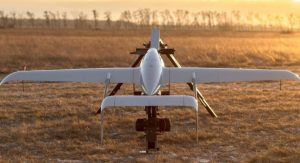
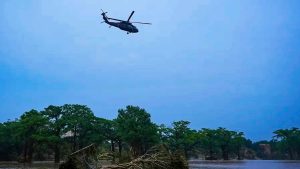
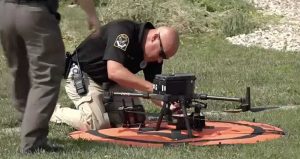
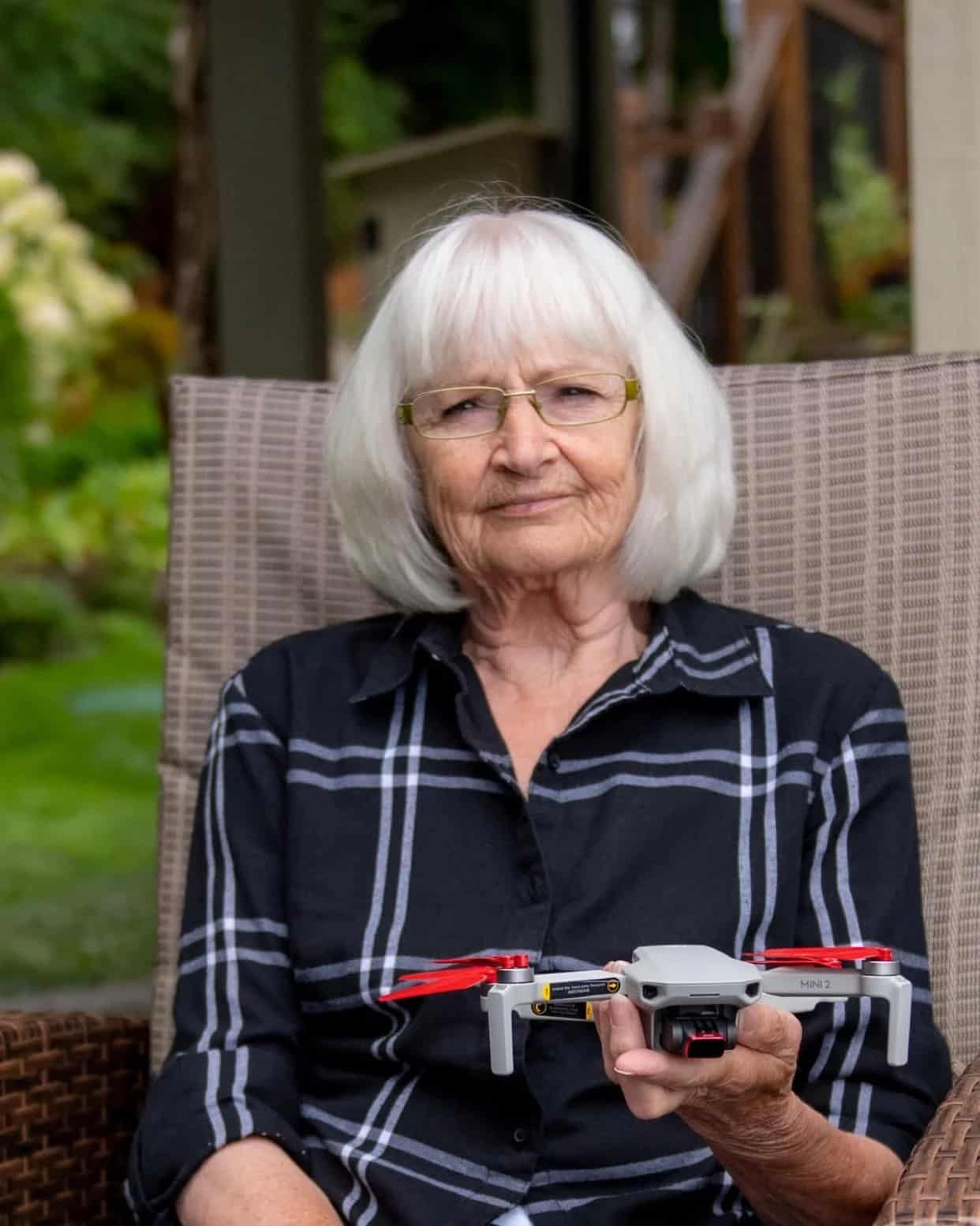
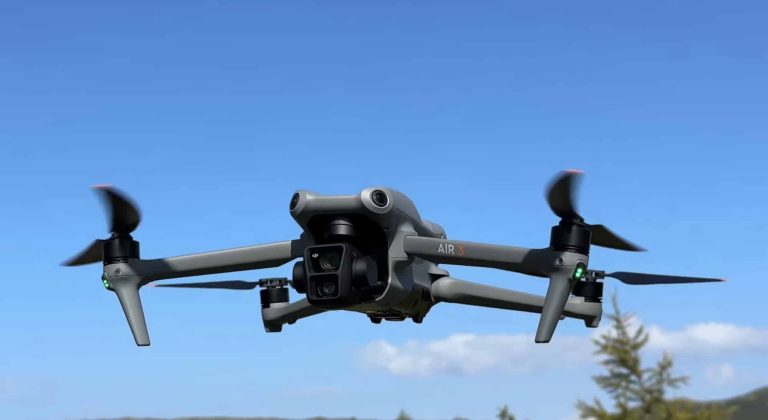
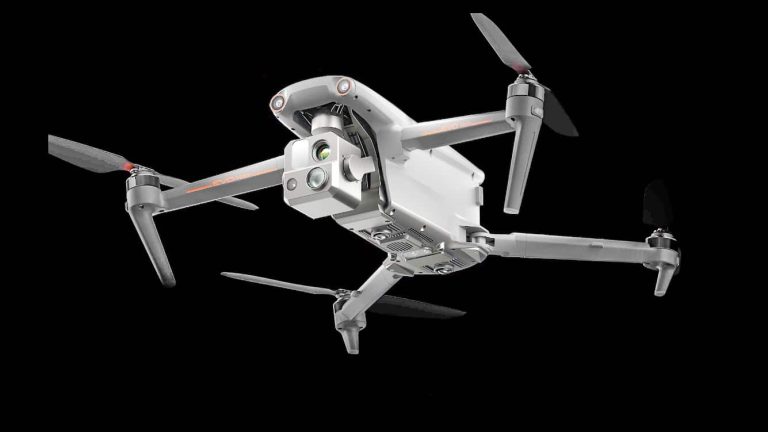



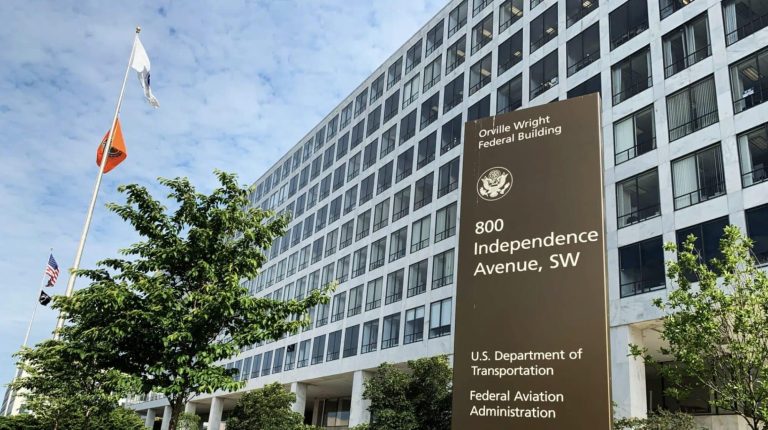
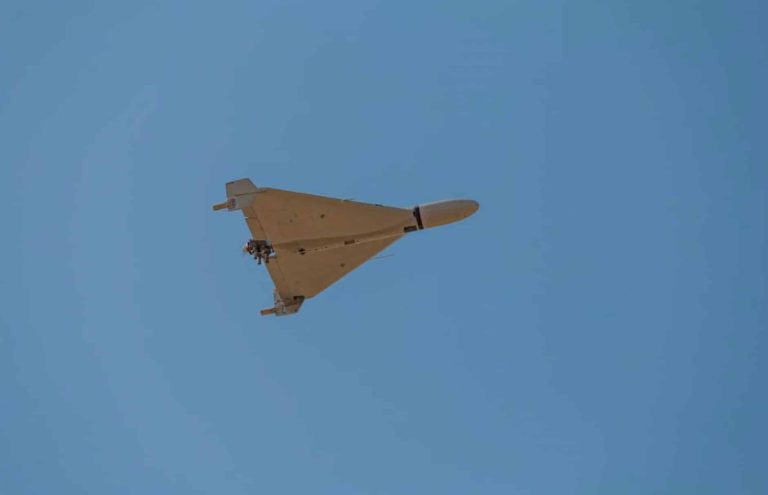
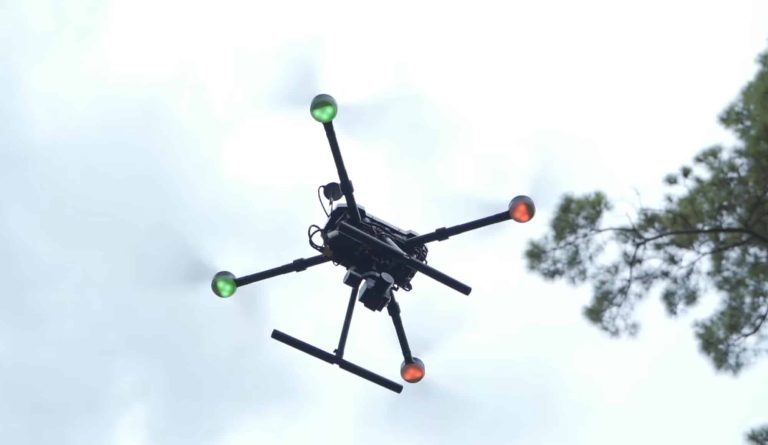
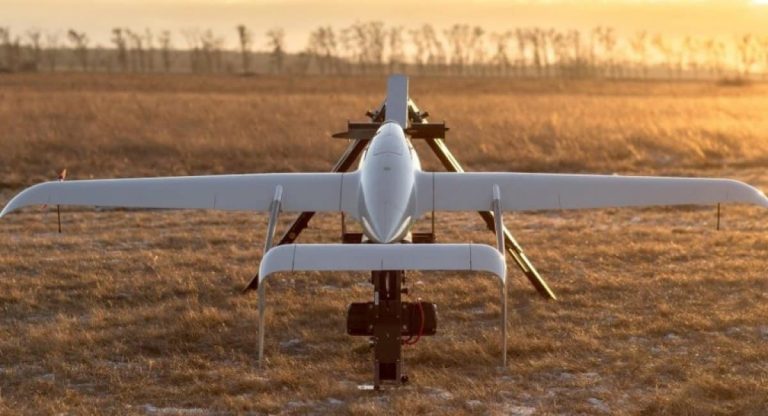
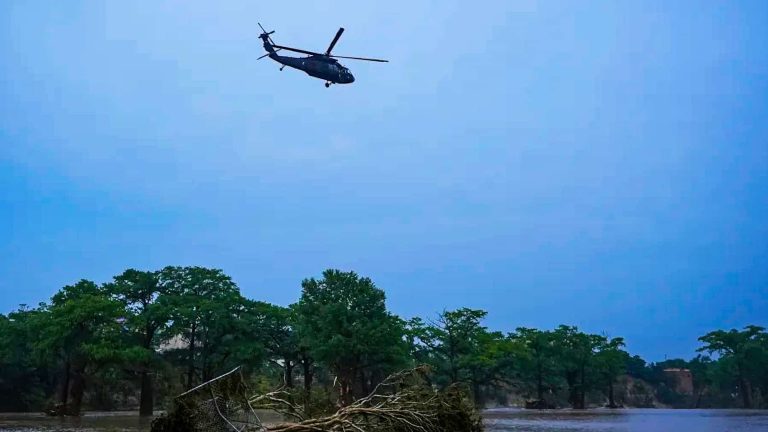
+ There are no comments
Add yours